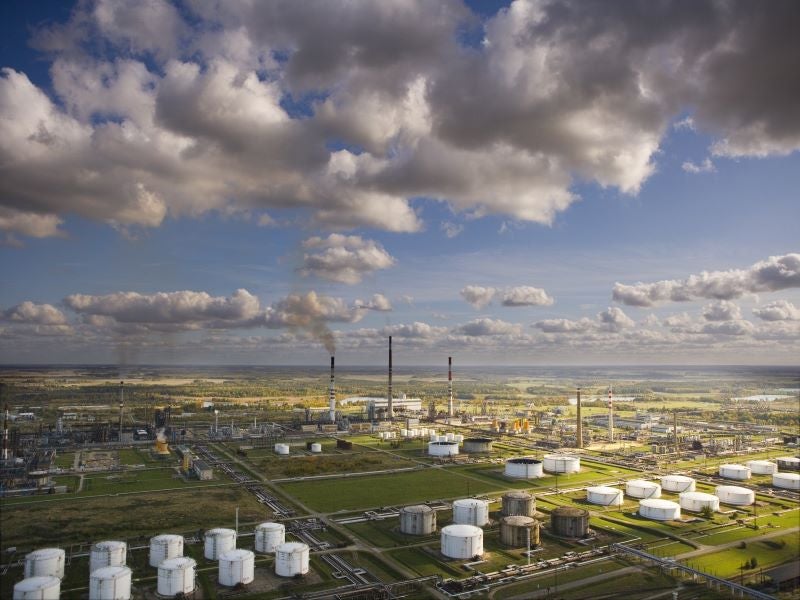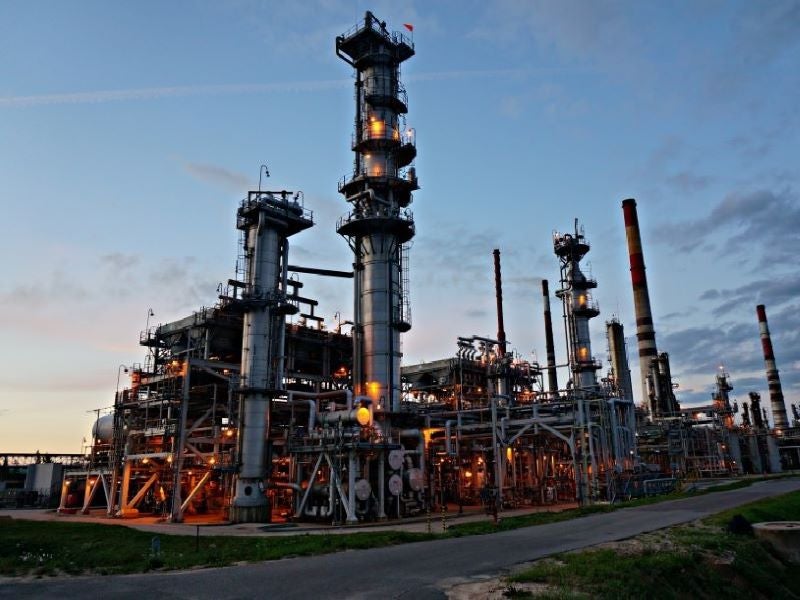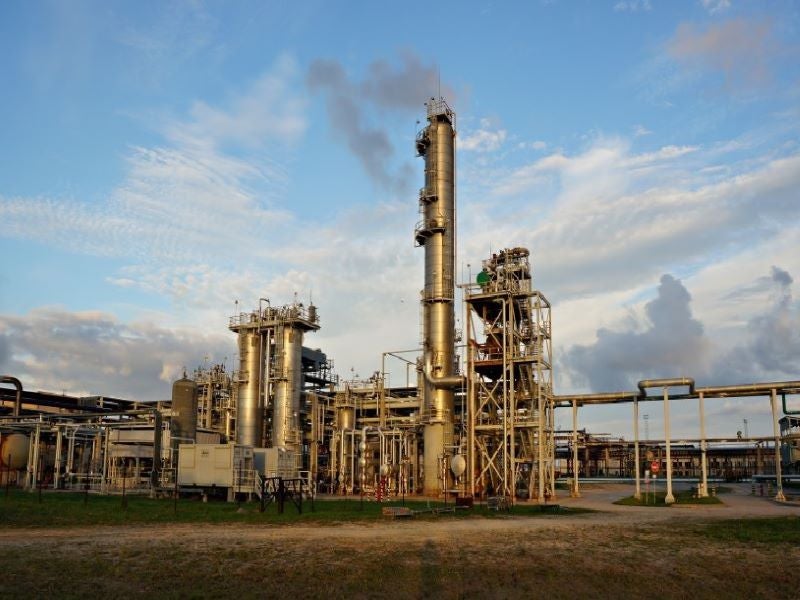The Mazeikiai refinery in Lithuania is the only refinery operating in the Baltic States comprising Lithuania, Estonia and Latvia, on the eastern shores of the Baltic Sea.
Orlen Lietuva, a wholly-owned subsidiary of Polish state-owned oil refiner PKN Orlen, owns and operates the refinery, which has been operational since 1980. PKN Orlen purchased 84.36% stake in the refinery’s previous owner Mazeikiu Nafta in December 2006 to become 100% owner of the refinery in April 2009.
The Mazeikiai refinery has a crude processing capacity of 10.2 million tonnes per annum (Mtpa) with a Nelson Complexity Index of 10.3.
Orlen Lietuva is adding a new residue hydrocracking facility as part of a comprehensive modernisation and expansion programme to improve the refinery’s operational and carbon efficiency. The key contracts for the same were awarded in October 2021, with project completion expected by the end of 2024.
Deep crude conversion project at Mazeikiai
PKN Orlen announced to invest Є641m ($740.8m) on a deep crude conversion project at the Mazeikiai refinery in October 2021. Construction on the project is expected to be started by the end of 2021.
Orlen Lietuva signed a letter of intent with the Ministry of Energy of the Republic of Lithuania to build deep crude conversion units at the Mazeikiai refinery in July 2021.
The project is intended to increase the refinery’s profitability by boosting the yield of high-margin products from 72% to 84% and meet cleaner fuel requirements by eliminating the production of high-sulphur heavy fuel oils.
Mazeikiai refinery location and feedstock supply
The Mazeikiai refinery is spread over more than 1,000ha in Mazeikiai, in north-west Lithuania, near the Lithuania-Latvia border. The refinery receives majority of crude supply from the Butinge oil terminal in Palanga, Lithuania, which is also owned by Orlen Lietuva.
A 91.5km-long pipeline transports crude oil from the Butinge terminal to the Mazeikiai refinery.
Mazeikiai refinery production details
The refinery’s products include petrol, diesel, jet fuel, heavy heating oil, liquefied petroleum gas (LPG), bitumen, light heating oil, and sulphur.
It processed 7.84Mt of crude oil with 31% light distillates yield and 44% middle distillates yield in 2020. Its total crude throughput in 2019 stood at 9.51Mt. The products are marketed in Lithuania, Poland, Latvia, Estonia and Ukraine.
Orlen Lietuva acquired a petroleum product loading terminal in Mockava, Lithuania, near Lithuania-Poland border in June 2021. The terminal serves the Mazeikiai refinery and has a loading capacity of 1.2Mt of liquid petroleum products a year.
Lithuanian railway company Lietuvos Gelezinkeliai (LG) has restored the shortest railway route from the Mazeikiai refinery to Latvia by rebuilding the 19km-long Mazeikiai-Renge railway line, which was dismantled in 2008. The rebuilt railway link entered service in February 2020.
Processing at Mazeikiai refinery
The processing infrastructure of the Mazeikiai oil refinery includes crude distillation units, and fluid catalytic cracking (FCC), reformer, isomerisation and visbreaking units, as well as oligomerisation and diesel hydrodesulfurisation (HDS) units.
The refinery also has a hydrogen production plant, sulphur degassing and pelletisation facilities, and a propane-propylene fraction (PPF) splitter unit to produce polymer-grade propylene. Construction of the PPF splitter unit was completed in 2019.
Contractors involved
Petrofac was awarded an engineering, procurement and construction (EPC) contract worth Є550m ($638m) for the Mazeikiai refinery expansion and upgrade in October 2021.
The contractual scope includes the EPC, start-up, and commissioning of a new residue hydrocracking facility, as well as modifications to related existing facilities of the refinery.
DuPont Clean Technologies was contracted to provide licensing, engineering, and technical services for a STRATCO® alkylation unit and a MECS® spent acid regeneration (SAR) unit at the Mazeikiai refinery in February 2021. The units are expected to start operations in 2025.
The STRATCO® alkylation unit will have a capacity to produce 6,000 barrels of low-sulphur, high-octane alkylate a day, while the MECS® SAR unit will regenerate 75t of spent sulphuric acid a day, which will be used as the catalyst by the alkylation unit.





